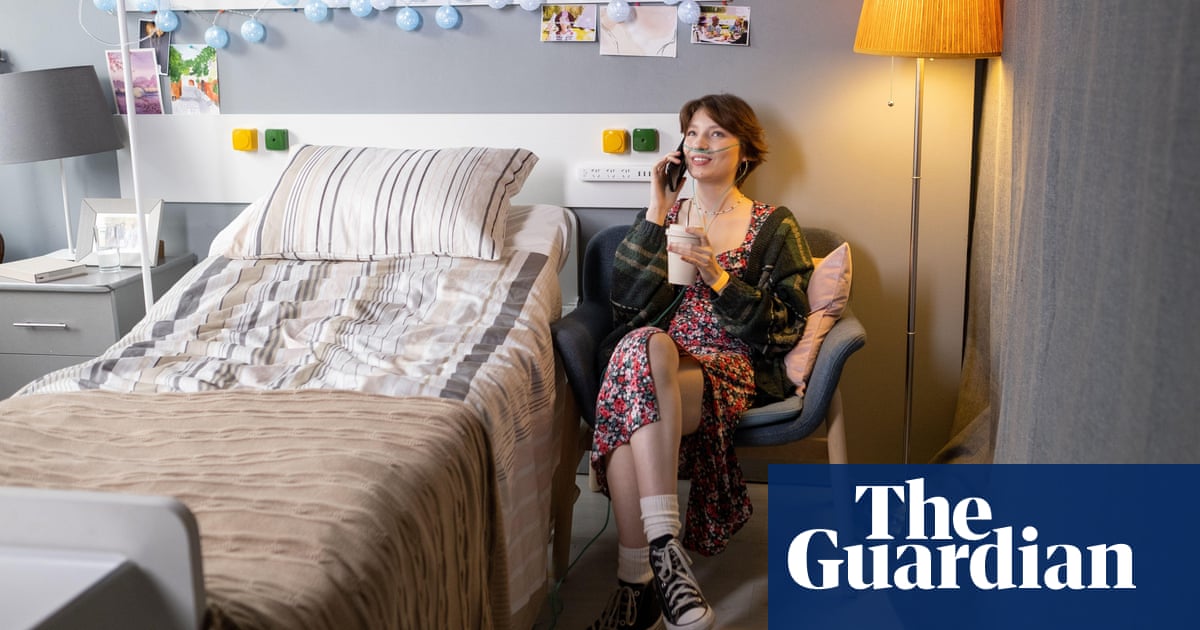
How should we deal with children’s anxiety over what’s happening in Ukraine?
I wonder if the question should be: how do we deal with our own? Our kids will pick up on how we are feeling and are likely to mirror our own emotive state. Even if you don’t mean to expose them to news, children will realise that something is going on. It may not concern younger children at all but those who are a bit older or old enough to have a smartphone may well be worried, and even work themselves up into a bit of a frenzy.
For a greater proportion of their lives than ours, they have lived with the pandemic and have been isolated for long periods of time from their peers. On the whole, this has not helped their mental health.
So it is bad timing that they are now surrounded by war reporting. We cannot deny what is going on. Keeping secrets, speaking in whispers will only make them paranoid and more pessimistic.
If you want to talk to your children about anything you might find emotionally charged, including war, it is a good idea to ask them what they already know about it. If they ask questions, you won’t know all the answers and that’s OK – you can look things up together and throw in a lesson at the same time about what is a reliable source of news.
There are three main ways we deal with feelings, ours and our children’s. We either repress and minimise them or we are completely at their mercy and maximise them, or there is the middle way where we acknowledge and contain them. It will be no surprise to you that I am in favour of the middle way. It is trickier to negotiate than the other two, which we may be more naturally inclined to lurch towards. It takes thought and practice.
Open, honest dialogue with children will help them to put into words how they feel. The more they can put into words, the less likely anxiety will show itself in tummy aches and/or inconvenient behaviour. It isn’t appropriate to say, “we are all doomed and the apocalypse is imminent”, nor is it desirable to tell them everything is perfectly fine; better to say that concern is appropriate, and that you can understand they are worried.
It is natural to want our children to be happy all the time, but we compromise their capacity for happiness when we try to shut down feelings that we might see as undesirable, such as being panicked or worried. Give them your attention and enough space for them to feel heard and for you to normalise their feelings. Your job is to validate those feelings rather than making them feel crazier by telling them they have nothing to worry about.
It would be more comforting for them if you said something like: “it’s OK to feel scared and I’m here to listen”. I think it is desirable, even if you have a personal propensity to panic, to be calm and optimistic that the adults in charge are working to solve the situation and will probably manage it. By containing your own feelings with such sanguinity, you will help to contain your children’s.
The best thing we can all do if we are not in a war zone is to appreciate the relative peace we have and not to dwell in a mythical future where it has all gone wrong. Making good memories for children is investing in their future capacity for happiness.
We can remind them that concern is natural and it’s good that they feel for people getting bombed and fleeing their homes, but it is our duty to enjoy our freedom as we have it now and get outside and kick a ball around (or however you usually have fun with your children).
If they are worried about being nuked, we can reassure them that Putin wouldn’t really want to risk being nuked back (and we can privately reassure ourselves that it will be quick and painless). But you each know your own children best. You know what information they need, what is too much, what is too little. You know who needs a cuddle to feel safe and who needs to play a game.












